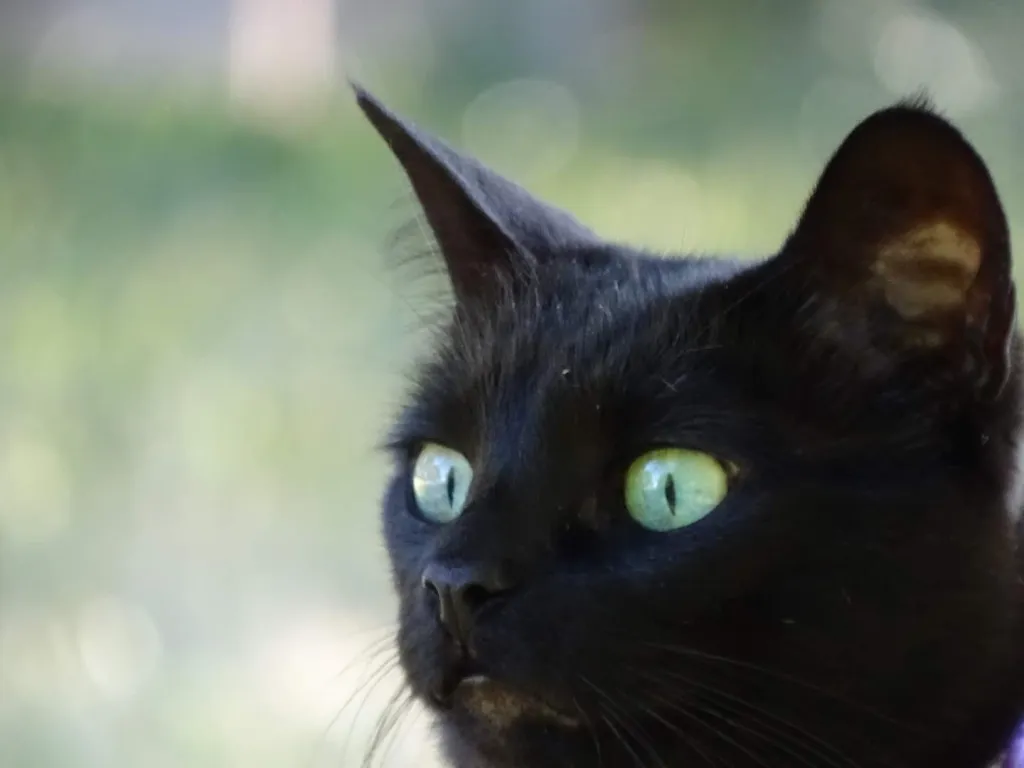Isn’t that what we all desire for our cherished companions?
Caring for Your Senior Cat: From the Onset of Aging and Beyond
While cats, like all mammals, undergo certain common age-related changes, such as muscle and joint wear, diminishing sensory functions, and declining overall vitality, there are several aspects we share in common as caregivers to facilitate the aging process. These include dietary considerations, exercise, and lifestyle choices. These factors are just as important for our feline friends, if not more so, as they age.
Let’s delve into each of these areas to better understand how we can support our cats in aging gracefully.
Nutrition and Hydration
Begin your senior cat’s well-being journey with a focus on their nutrition and hydration, as this forms the foundation for their overall health. Here’s why:
Cats thrive when they maintain a healthy weight throughout their lives, even into their golden years. Obesity can hinder their ability to engage in essential exercise, leading to a diminished quality of life. Furthermore, overweight cats are more susceptible to a range of health issues, including osteoarthritis, diabetes, cardiovascular problems, and hip dysplasia.
Caloric Needs for Senior Cats
Understanding your cat’s daily caloric requirements is crucial. Unlike humans, where caloric needs typically decrease with age, cats’ energy requirements start to increase around 11 years of age. This shift is due to the aging process, which affects their ability to digest fats, proteins, and energy efficiently. Consequently, geriatric cats may actually require more calories. Before switching to a senior cat formula, consult your veterinarian to determine your cat’s specific caloric needs.
Feeding Amount and Frequency
Portion control is equally essential. Avoid relying solely on the recommended serving size indicated on pet food packaging. Instead, consider factors like your cat’s energy level, age (for caloric requirements), and recent blood panels. Work closely with your vet to establish daily feeding needs, then divide these into appropriate meals. Continuously monitor your cat’s weight and make adjustments as needed. Be mindful of treats in your cat’s daily caloric intake.
Hydration for Senior Cats
As kidney function can decline with age, maintaining proper hydration becomes even more critical. To support this, consider incorporating wet food into your cat’s diet or mixing it with dry food to increase their moisture intake during meals. Observe your cat’s drinking habits, and if they prefer running water, invest in a pet fountain. Additionally, strategically place water dishes throughout your home, ensuring accessibility for your senior cat.
Litter Box Management
Addressing your aging cat’s litter box needs is essential to maintain their comfort and hygiene. Here are some key considerations:
- Medical Causes: If your senior cat starts having litter box accidents, it’s crucial to consult your veterinarian. Inappropriate elimination can result from underlying medical issues that require prompt diagnosis and treatment.
- Litter Box Accessibility: As cats age, they may face mobility challenges. Ensure that each floor of your home has a litter box to provide easy access. If your cat has difficulty reaching the litter box on time, consider adding more boxes to keep them readily available.
- Litter Type: To minimize disruption, stick with the same type of litter your cat has been accustomed to, unless a change is medically necessary. Older cats may resist changes in their environment, and maintaining familiar litter can reduce stress.
Senior Cat Behavior
Behavioral changes are common as cats age, but it’s essential not to attribute all changes to aging. Some alterations in behavior may signify underlying medical issues, such as arthritis or cognitive dysfunction. Monitor your cat for noticeable shifts in behavior and take these steps to support them:
- Stress Reduction: Reduce stress within the household to promote your cat’s overall well-being.
- Routine Consistency: Maintain consistent daily routines to provide stability for your aging cat.
- Play Encouragement: Engage your cat in playtime, even if it’s at a slower pace.
- Mental Stimulation: Provide mental enrichment to keep your cat’s cognitive function sharp.
- Regular Vet Visits: Schedule senior wellness exams with your veterinarian at least once, ideally twice a year, to address any health concerns promptly.
Grooming and Physical Care
Senior cats may require additional care in terms of grooming and body maintenance. Attend to these aspects to ensure their comfort and health:
Skin and Coat Care: Aging cats’ skin becomes less elastic, making them more susceptible to injuries and infections. Regular brushing helps prevent the buildup of dirt, loose hair, and mats. It also allows you to detect any cuts, scrapes, or dry patches early, preventing further complications.
Dental Care: Dental health is crucial for senior cats. While brushing your cat’s teeth is ideal, it can be challenging to start a new routine. Consult your vet for recommendations on dental care products, such as water additives or dental treats. Periodontal disease is prevalent in cats, so addressing dental health is essential.
Nail Care: Keep an eye on your senior cat’s nails, as they can grow too long and curve under, causing discomfort. Establish a regular nail-trimming routine, starting with small steps and using enticing incentives like treats to make the process less stressful for both you and your cat.
Special Considerations for Aging Cats
As cats age, they may experience changes in sensory acuity, such as reduced vision or hearing. To accommodate these changes:
- Loss of Sensory Acuity: Be mindful of your cat’s diminished senses and take steps to prevent startling them. Provide well-lit areas and gentle approaches to minimize surprises.
- Warmth and Padding: Senior cats may lose muscle mass, and soft, cushioned surfaces can enhance their comfort. Ensure they have access to warm, draft-free spaces for relaxation.
Caring for your senior cat involves a combination of attentive nutrition, hydration, behavioral support, grooming, and special considerations tailored to their individual needs. With proper care and consideration, your feline companion can age gracefully, maintaining their health and happiness throughout their golden years.





